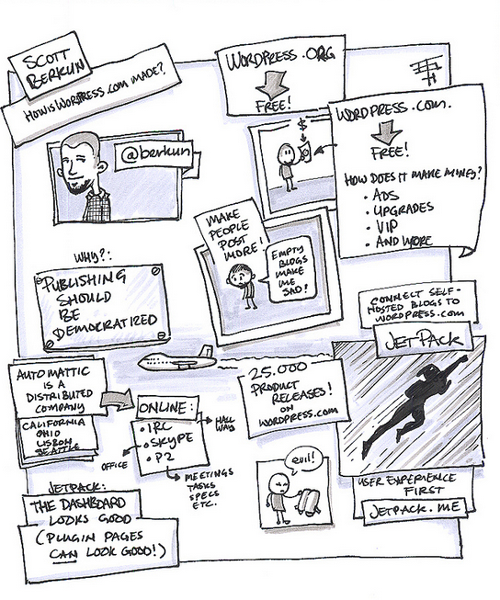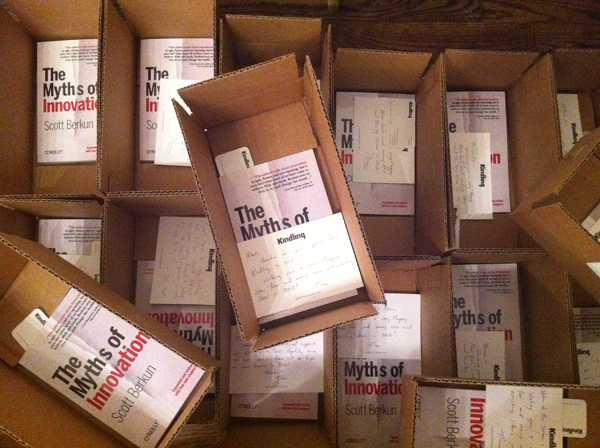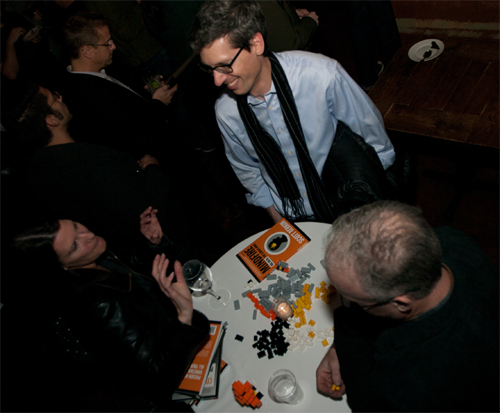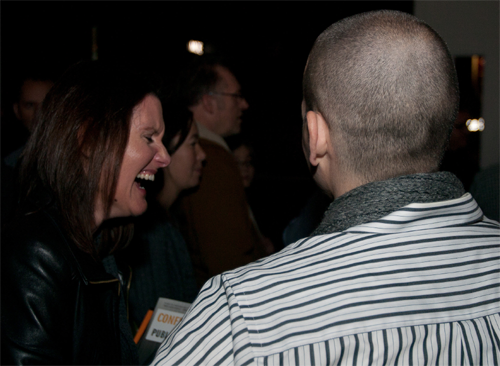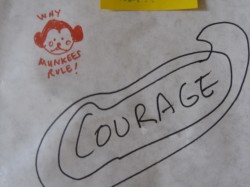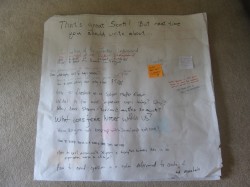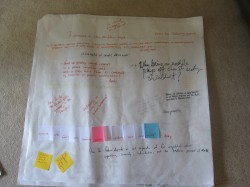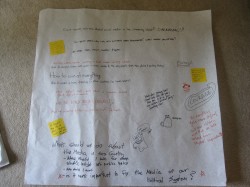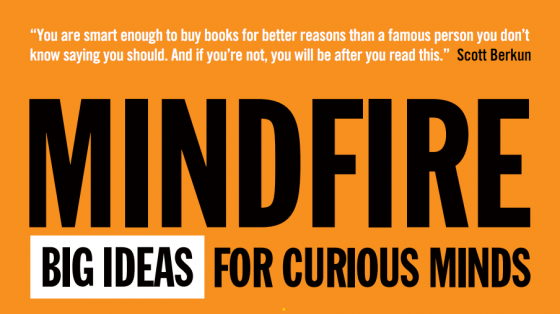The 5 best books on Innovation EVER
Before I share the list of the 5 best books on innovation, here’s a list of 5 things you need to know before reading that list. It’s worth it. I promise.
- There are 100s of books on innovation and most are terrifyingly (and ironically) boring. They’re bought to be placed, unread, on office shelves so people can pretend they’re smart. These books are cliché in the worst way, cherry picking trendy examples and building worlds of junk theories around them, theories the heroes in the cherry picked examples didn’t even use. Innovation is a junk word, and there are many junk books.
- It’s not clear why anyone should read a book about innovation. There’s little evidence people we’d call creative got that way by reading a particular book. Most skills in life are only acquired by work, and to be more creative means to create and learn, rather than merely read.
- I carefully studied over 60 books, related to creativity, invention and managing creativity in others during research for my bestseller, The Myths of Innovation (research that included teaching a course on creativity at the University of Washington – syllabus). And I’ve read more books before and after that project. I even organized the books I studied in an innovative way for readers. I’ve been studying creativity in many forms for a long time and my list reflects wide and deep reading.
- People looking for a book on innovation often make the mistake of compressing the many sloppy uses of the word into a single thing, and expect one book to excel at teaching people how to: 1) Generate ideas and invent things 2) Design and ship good products 3) Run a successful entrepreneurial business 4) navigate an organizational bureaucracy. These are very different skills, possibly even different subjects.
- These four skills are rare. It’s insanely rare for one person to have two, much less three of them. It’s improbable any book could single-handedly give you one of these skills, much less all three. Any book claiming to do any of this is lying to you.
There. All done.
I can confidently say if you only read 5 books these are the ones to read and re-read:
- Innovation and Entrepreneurship, by Peter Drucker. Drucker is profound, clear, concise and memorable. He puts modern business writers to shame with his clarity. This short books encapsulates all of the theory you need to think about starting a business, and what it will take to find, develop, launch and grow product ideas. (Also see, The Art of the Start, Guy Kawasaki, and if you work in the tech-sector, Founders at Work is a must-read)
- Thinkertoys, Michael Michalko. There are many books with exhaustive lists of methods for generating ideas. This is one of them. The misconception is that idea generation is the hard part, which it rarely is. But for those looking for games, tactics and methods to generate ideas this is a great place to start. (Also see, Are your Lights on?, by Gause and Weinberg).
- Dear Theo, By Vincent Van Gogh (& Irving Stone). Before you dismiss this one, consider this: what we call passion in the business world, is passion for profit. What if there was no profit motive? How much passion would our heroes, like Edison and Jobs, have had for the ideas alone? To learn about the deepest commitment to ideas you have to study artists. There are no better stories of passion than great artists pursuing their creative visions against all odds and Van Gogh’s letters are a fantastic encapsulation of commitment, vision, dedication, brilliance, work ethic and madness, all traits any creator or entrepreneur should understand. (Also see, The Agony and the Ecstasy, for a similar book about Michelangelo).
- They all laughed, Ira Flatow. History is biased in that we retroactively inject purpose and narrative structure into stories of invention, so that they make more sense to us in the present. But the real history of invention and discovery is messy, weird, frustrating and surprising. This book documents how frustrating it usually is to have a great idea in a mediocre world. (Also see, Connections, by James Burke – all episodes of the documentary based on the book are free online).
- Brain Rules, John Medina. I’ve read many books about intelligence and neuroscience – they’re mostly pseudo-fluff, filled with the latest theories and shocking claims, but lead to no tangible improvement in how you use what’s between your ears. Brain Rules is the book to read about how to use your brain to better use your brain. While it’s not strictly about creativity, show me a creative person who didn’t use their brain well (See my full review of Brain Rules here).
There. Have fun.
Most of these books are old. Well guess what? Innovation and creativity are old too. The best advice is not necessarily the newest, despite our compulsive neophilia. Just be glad I didn’t recommend Vitruvius’ ten books on architecture (which happens to be one of the only sources for the story of Archimedes and ‘Eureka‘).
But I implore you to do more than read. Like learning to play guitar, you can only learn so much from books. You must get to work yourself. It doesn’t matter what you make, but go make something. And when you finish, think about how to make it better and try again. This is the only thing that will make you more creative: the practice of making things. And only then can what you learn from books matter.

